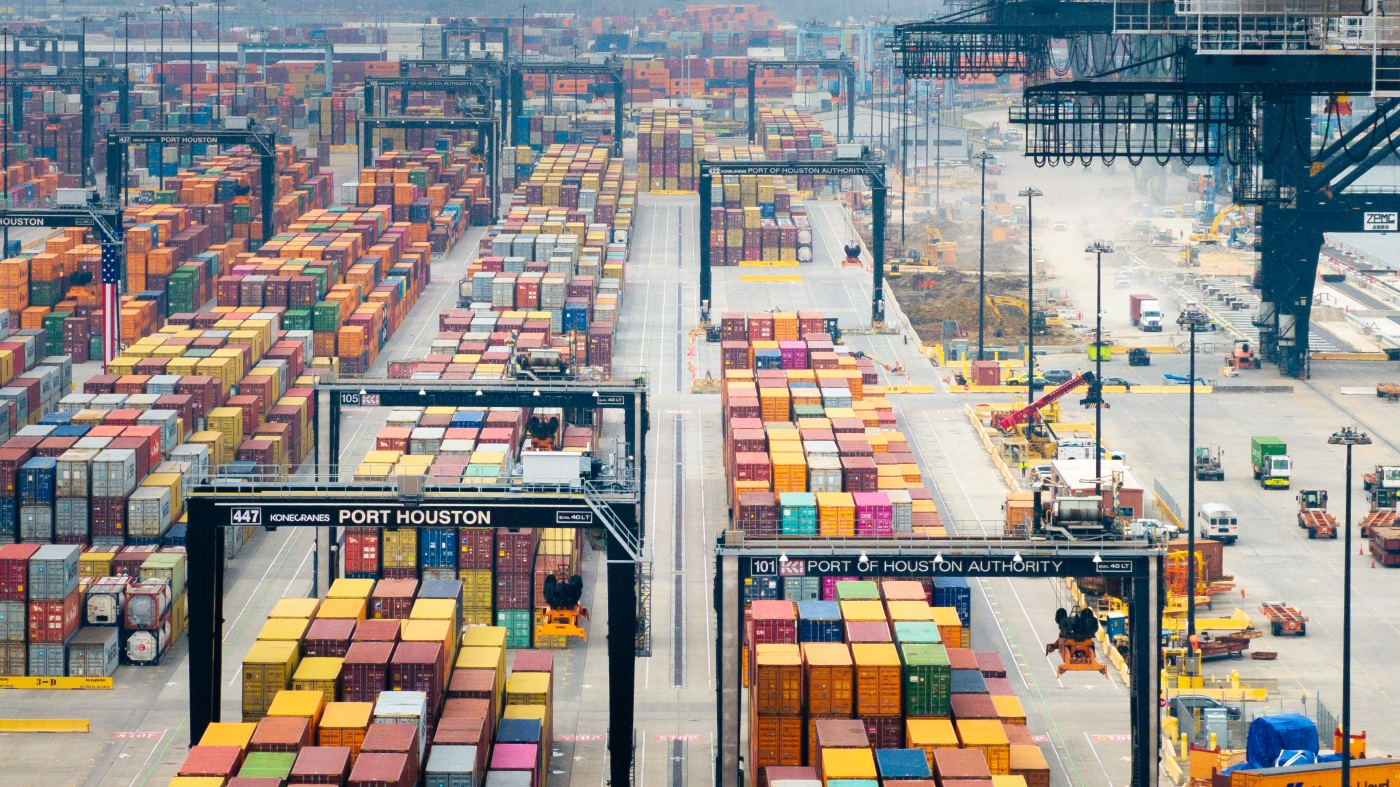Tech Giants Clash: Global Brands Challenge India's E-Waste Regulations
Companies
2025-04-11 05:39:00Content

India is grappling with a mounting electronic waste crisis, and the government's latest regulatory move is sparking intense debate in the tech industry. New environmental regulations are pushing electronics manufacturers like Daikin, Hitachi, and Samsung into an unprecedented confrontation with the Modi administration.
The controversial policy mandates these tech giants to shoulder significantly higher recycling costs, a requirement that has prompted immediate pushback. Major electronics companies argue that the new rules are financially burdensome and logistically challenging, leading them to challenge the regulations through legal channels.
At the heart of this conflict is the government's ambitious plan to transform India's fragmented recycling sector. By implementing stricter guidelines, officials hope to formalize electronic waste management practices and create a more sustainable approach to handling discarded technology.
The legal battle highlights the complex intersection of environmental policy, corporate responsibility, and economic challenges. As India seeks to address its growing e-waste problem, these new regulations represent a critical step toward more responsible electronic waste management, despite fierce resistance from industry players.
The outcome of this regulatory showdown could set a significant precedent for how developing countries tackle the global challenge of electronic waste disposal.
Electronic Waste Showdown: India's Bold Move Sparks Corporate Rebellion
In the rapidly evolving landscape of technological consumption and environmental responsibility, India stands at a critical crossroads. The nation's ambitious electronic waste management policy has ignited a fierce battle between government regulators and some of the world's most prominent electronics manufacturers, revealing the complex challenges of sustainable technology infrastructure.Transforming Electronic Waste Management: A High-Stakes Policy Confrontation
The Regulatory Landscape: Challenging Corporate Recycling Practices
The Indian government's recent regulatory framework represents a groundbreaking approach to electronic waste management. By mandating stricter recycling requirements, the policy aims to formalize and professionalize the existing waste management ecosystem. Electronics giants like Daikin, Hitachi, and Samsung find themselves at the epicenter of this transformative initiative, facing unprecedented financial and operational challenges. The proposed regulations demand substantial investments in recycling infrastructure, compelling manufacturers to take direct responsibility for the entire lifecycle of their electronic products. This paradigm shift challenges traditional corporate practices, forcing companies to reimagine their environmental strategies and economic models.Corporate Resistance: Legal Battles and Economic Implications
The corporate response has been swift and strategic. Major electronics manufacturers have launched legal challenges against the Modi administration, arguing that the proposed recycling costs are prohibitively expensive and logistically complex. Their resistance highlights the fundamental tension between environmental sustainability and corporate economic interests. These legal battles underscore the significant financial implications of the new regulations. Companies must now calculate the true cost of electronic waste management, potentially restructuring their pricing models and supply chain strategies. The government's approach represents a bold attempt to internalize environmental externalities, pushing corporations to bear the full ecological cost of their production processes.Technological Innovation and Waste Management Strategies
The emerging regulatory environment is driving unprecedented technological innovation in electronic waste recycling. Advanced material recovery techniques, circular economy principles, and sophisticated sorting technologies are becoming critical competitive advantages for companies navigating this complex landscape. Emerging startups and established technology firms are developing cutting-edge solutions that transform electronic waste from an environmental liability into a potential resource stream. These innovations promise to create new economic opportunities while addressing the growing global challenge of electronic waste management.Environmental and Economic Consequences
India's bold policy represents more than a local regulatory initiative; it signals a potential global shift in how nations approach electronic waste management. The country's massive consumer electronics market makes it a critical testing ground for sustainable technology practices. The potential ripple effects extend far beyond India's borders. Successful implementation could inspire similar regulatory frameworks in other developing and developed economies, fundamentally reshaping the global electronics industry's approach to sustainability and environmental responsibility.Global Context and Future Implications
As electronic consumption continues to accelerate globally, India's regulatory experiment offers crucial insights into balancing technological progress with environmental stewardship. The ongoing confrontation between government regulators and corporate interests represents a microcosm of the broader challenges facing sustainable development in the 21st century. The outcome of this policy battle could establish precedents for how nations manage the complex intersection of technological innovation, economic growth, and environmental protection. It challenges traditional assumptions about corporate responsibility and sets the stage for a more holistic approach to technological consumption.RELATED NEWS
Companies

Global Workforce Revolution: Helios Bags $15.5M to Streamline International Team Management
2025-03-04 13:43:00
Companies

Strategic Rail Logistics Move: EQT Expands Portfolio with Eagle Railcar Services Acquisition
2025-04-01 12:00:00






